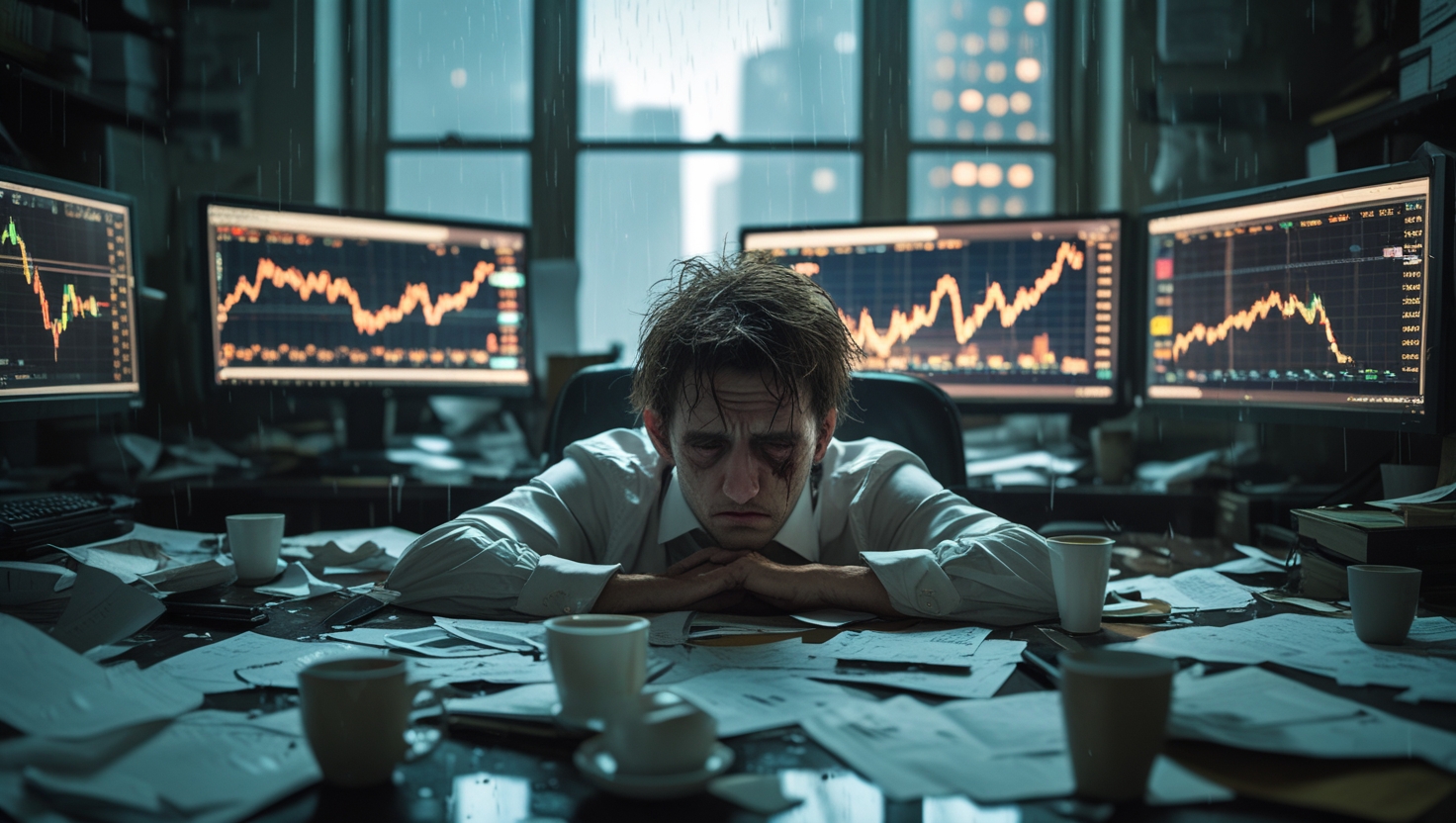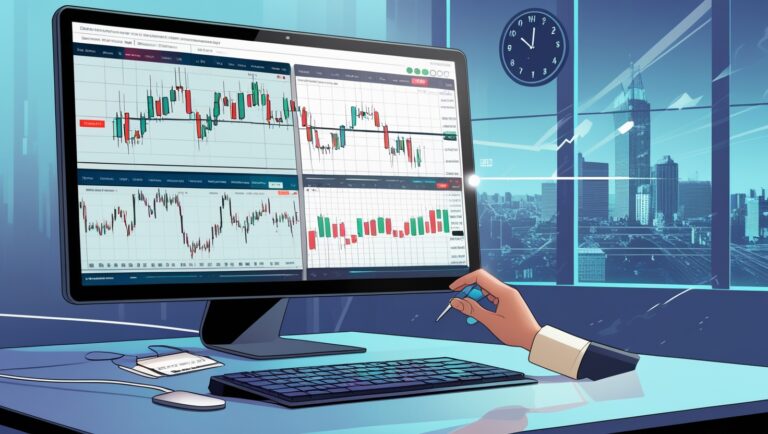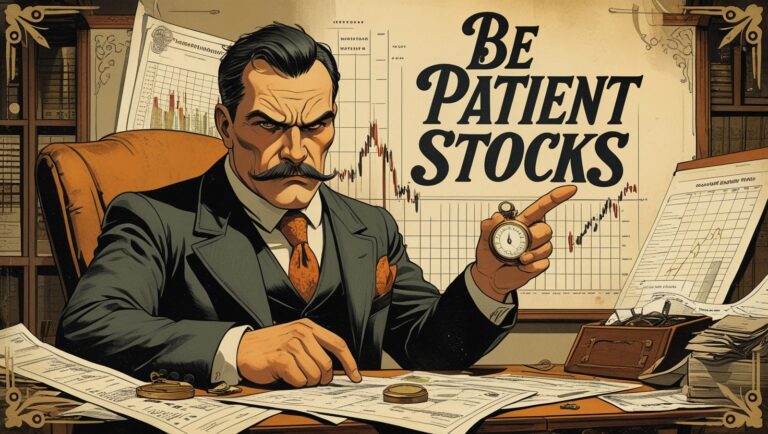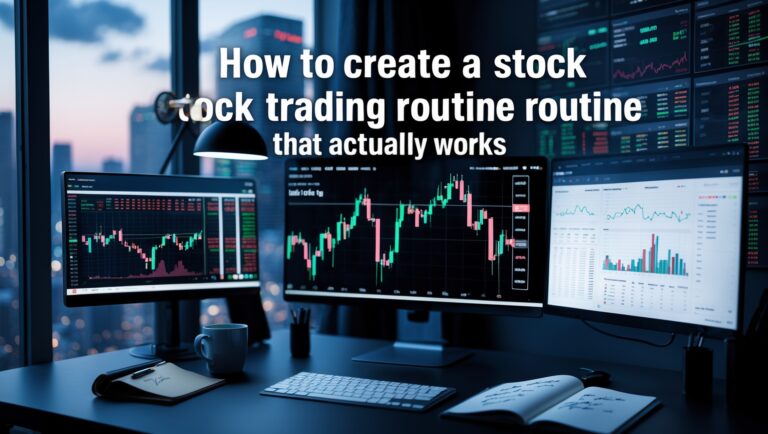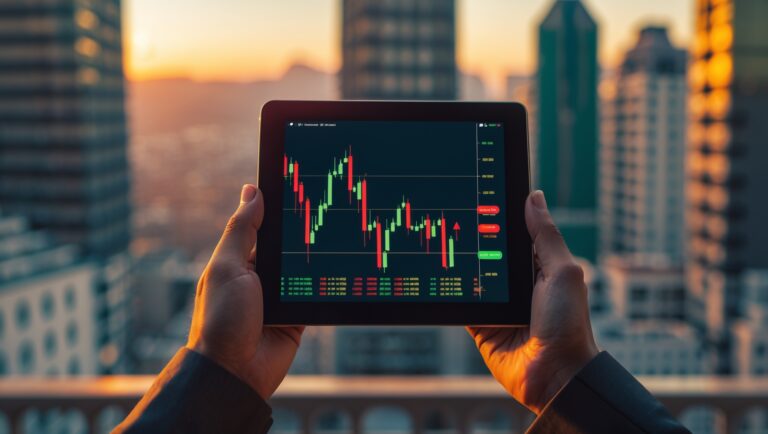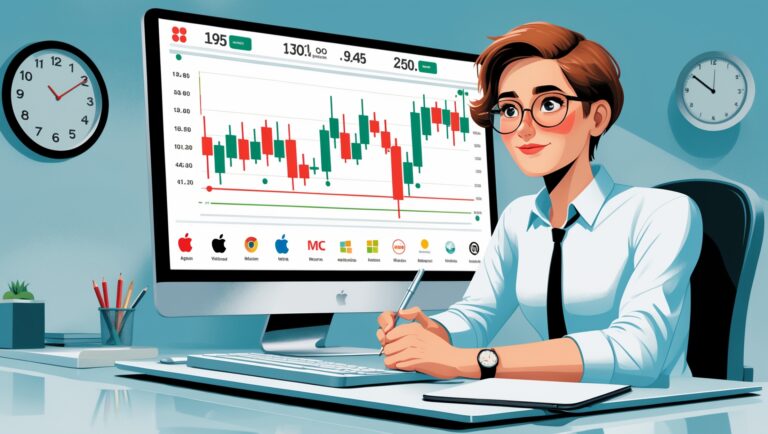Why Taking Breaks From Trading Made Me Better
Why Taking Breaks From Trading Made Me Better
There was a time when I thought walking away from the screen meant I wasn’t serious about trading. I believed that showing up every single day — no matter what — was the only way to improve. But I was wrong.
Taking intentional breaks from trading didn’t slow me down. In fact, it made me sharper, more focused, and more profitable.
If you’re constantly trading, analyzing, or stressing about the market… this might be the reminder you need.
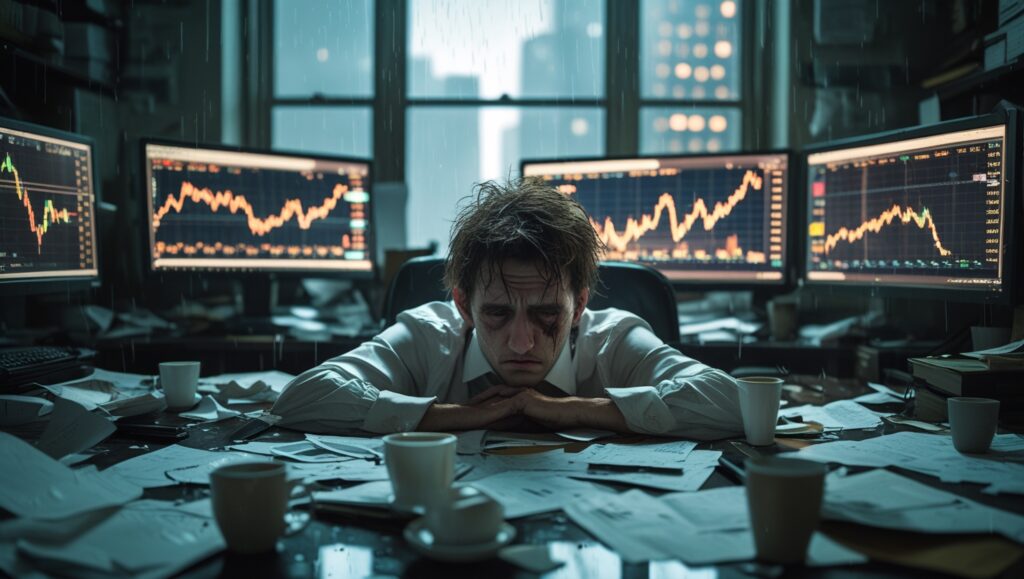
Table of Contents
Trading Burnout Is Real
At one point, I was glued to my screen five days a week. Even on the weekends, I was charting, backtesting, or watching recaps. I thought that kind of hustle would give me the edge. But what I didn’t realize was that I was slowly burning out.
I wasn’t thinking clearly. I was forcing trades, ignoring my rules, and trading just to “stay active.” The quality of my setups dropped. My patience disappeared. My results suffered.
The First Break Changed Everything
After a string of frustrating red days, I took my first real break. I shut it all down — no charts, no tickers, no watchlists. I gave myself space to reset. And when I came back a week later, I saw the market differently.
I was clearer. Calmer. More selective. I started noticing setups I used to miss. My confidence returned — not because I learned something new, but because I let myself rest.
Breaks Give You a Bigger Edge Than Overtrading
Most traders think the market is going to run away without them. It won’t. Taking a step back helps you zoom out, reflect on your performance, and actually improve your process. The market will always be there. Your energy and mental clarity won’t be — unless you protect it.
During breaks, I take time to review my journal, rewatch key plays, and check in with my mindset. I don’t just “rest” — I reset with purpose.
Less Screen Time, More Screen Clarity
After taking regular breaks, I stopped feeling like I had to trade every day. I started showing up with intention. If there was no setup, I was fine doing nothing. If I wasn’t mentally sharp, I didn’t force it. That alone helped my account grow.
I also started treating trading like an athlete would. No athlete performs at their peak without rest. Why would a trader be any different?
Want to See How I Trade Now (With Fewer Hours)?
I built a system that doesn’t require me to be glued to my screen or chasing every move. I only need a few solid setups each week — and I share it all in my ebook:
Inside, I break down how I find my trades, manage risk, and stay consistent without burning out or overtrading.
Final Thoughts
Taking breaks doesn’t make you lazy — it makes you smarter. The traders who last aren’t the ones doing the most. They’re the ones who know when to engage and when to step back.
If you’re feeling stuck, tired, or emotionally drained — give yourself permission to pause. You’ll come back stronger, with clearer eyes and a steadier hand.
Sometimes, the best way to move forward in trading… is to step away for a bit.
One thing I didn’t expect was how much mental clutter I was carrying around during my constant trading grind. When I took a break, I finally noticed how noisy my thoughts had become. I was overanalyzing every candle, second-guessing myself, and jumping in too fast — just because my brain was overstimulated from staring at charts all day.
Stepping away helped me realize that clarity doesn’t come from doing more — it comes from creating space. The market started to make more sense after I let go of the pressure to be in every single move. I stopped reacting and started observing again.
During one of my longer breaks, I reviewed six months of journal entries. That’s when I noticed a big pattern: my best trades came after I had rested, taken a weekend off, or even just slept better. The connection was obvious — a calm mind trades better.
It’s not just physical breaks that helped, but also emotional breaks. I had to learn to unplug from the emotional highs and lows. Winning felt like a rush. Losing felt like failure. I needed time away to remind myself that trading is about probabilities, not emotions.
Breaks also helped me reset my expectations. I used to think I needed to grow my account every single week. But that kind of pressure made me reckless. When I paused and zoomed out, I remembered: this is a long game, and sustainability matters more than speed.
A funny thing happened too — when I took time off, I actually started to miss trading in a healthy way. I came back curious again. Not desperate. I came back motivated to follow my rules, not just to make a quick buck. That shift in attitude improved my consistency big time.
I also learned to schedule breaks intentionally. Now, if I’ve had a big win or a long streak, I take a few days off. It keeps my ego in check and helps me reset emotionally. On the flip side, if I hit a string of losses, I don’t force a comeback — I take a step back and review before touching the market again.
I started looking at professional traders differently too. The best ones I’ve followed aren’t glued to the screen every day. They take time off, they journal, they reflect, and they only trade when it makes sense. That’s what I model now — because longevity matters more than daily action.
Another huge benefit of taking breaks is that it reminded me why I started trading in the first place. I didn’t come into this to be stressed 24/7 or chained to a desk. I wanted freedom. And that freedom starts with building a process that includes rest, space, and recovery.
If you feel like you’re constantly stuck or drained, you might not need another strategy — you might just need space. Your clarity, discipline, and edge might be waiting on the other side of a break.
And if you want to know how I’ve built a system that lets me trade with purpose — without needing to be active every day — I lay it all out in my ebook:
👉 Pay Your Bills with Stocks
I explain exactly how I structure my week, choose trades, and protect my energy so that I don’t burn out like I used to.
At the end of the day, trading should support your life — not consume it. If stepping away helps you come back better, then that’s not a weakness. That’s a winning move.

Stay ahead in the stock market! Subscribe to our newsletter and receive exclusive stock flow reports, trading insights, and actionable tips directly in your inbox. Join thousands of traders who get our updates first.

